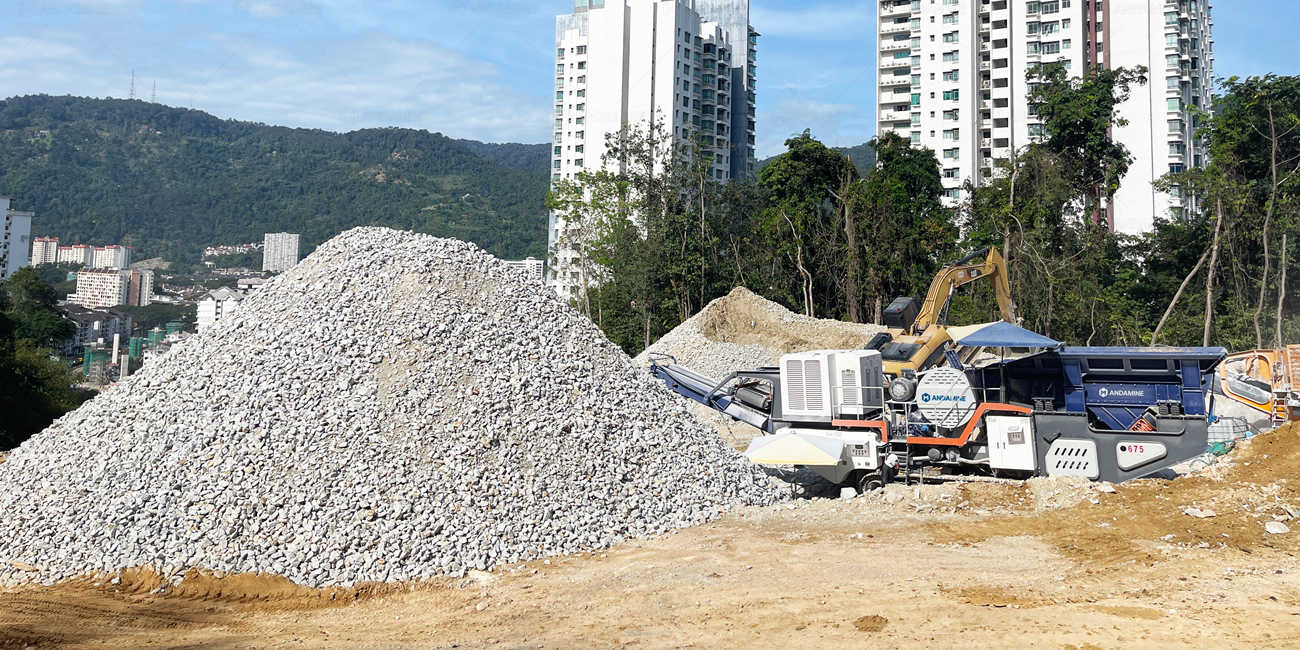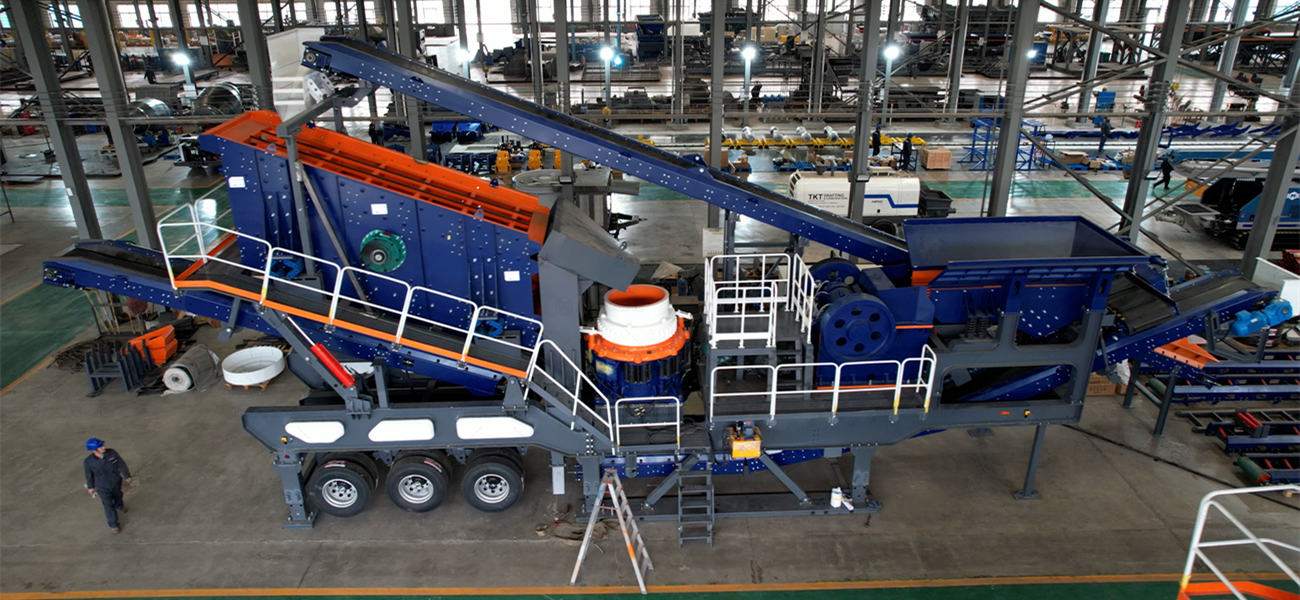When it comes to the production of aggregates for construction projects, one of the most critical decisions is selecting the right crushing equipment. The choice of crushers depends heavily on the type of raw material being processed, as each material has unique hardness, density, and structural properties that affect how it breaks down under crushing forces. Whether a company is dealing with marble, granite, limestone, or other construction materials, selecting the right equipment is essential for efficiency, cost-effectiveness, and long-term productivity. Understanding how to match the properties of raw materials with the right machines such as a marble crusher machine, stone crusher machine, aggregate crushers, and even a rock crusher portable can save time, reduce operational costs, and improve output quality.

Importance of Material Properties in Crusher Selection
Raw materials vary widely in hardness, brittleness, and composition. For instance, granite is extremely hard and requires equipment that can handle high compressive strength, while limestone is relatively soft and breaks down more easily. A marble crusher machine is specifically designed to handle marble, which has a different density and fracture behavior compared to granite or sandstone. Similarly, a general stone crusher machine can handle a variety of rock types, but its performance will differ depending on the material. This is why choosing aggregate crushers based on raw material types is essential. If the wrong equipment is selected, it can lead to excessive wear, high energy consumption, frequent breakdowns, and poor-quality aggregates.
Marble Crusher Machine vs. Stone Crusher Machine
Marble has been widely used in construction and decorative applications, but processing it requires specialized equipment. A marble crusher machine is designed with features that reduce the risk of over-pulverization and preserve the natural texture and color of the marble, which is particularly important for architectural uses. On the other hand, a general stone crusher machine is more versatile and capable of processing a wide range of rock types such as basalt, granite, and limestone. The stone crusher machine is built for durability and power, making it ideal for tougher and harder materials, while marble crushers often prioritize precision and reduced dust generation. When dealing specifically with marble quarries, choosing a marble crusher machine over a general stone crusher machine ensures better results in terms of output quality and reduced waste.

Role of Aggregate Crushers in Different Applications
Aggregate crushers are the backbone of the construction and mining industries because they convert raw stones into usable construction materials such as gravel, sand, and crushed rock. The choice of aggregate crushers depends not only on the type of stone but also on the desired final product size and shape. For example, jaw crushers are often used as primary crushers for harder rocks, while cone crushers are suitable for producing finer aggregates. Impact crushers, on the other hand, are widely used for materials with lower hardness or when producing cubical-shaped aggregates is important. Choosing aggregate crushers should always start with an analysis of the raw material’s hardness, abrasiveness, and moisture content, ensuring that the equipment matches these characteristics.
Advantages of Rock Crusher Portable Solutions
For construction projects that require mobility and flexibility, a rock crusher portable offers significant advantages. Unlike stationary units, portable crushers can be easily transported from one site to another, reducing the need for multiple setups. This makes them highly suitable for road construction, temporary projects, or remote quarry sites. Portable crushers can handle various rock types, including marble, granite, and limestone, making them versatile aggregate crushers. They are designed with compact structures and built-in mobility, ensuring that even smaller contractors can process aggregates directly at the worksite. In situations where raw material sources are spread across different locations, opting for a rock crusher portable not only saves transportation costs but also improves operational efficiency.
Matching Crushers to Specific Raw Materials
To illustrate the importance of proper selection, consider three common raw materials:
Marble: Best processed with a marble crusher machine that minimizes breakage and preserves the natural quality.
Granite: Requires heavy-duty stone crusher machines, often jaw crushers for primary crushing and cone crushers for secondary processing due to its extreme hardness.
Limestone: Can be efficiently handled with impact crushers or jaw crushers, as its softer texture makes it easier to crush into aggregates.
The correct choice of aggregate crushers ensures that each material is processed efficiently, producing high-quality aggregates while extending equipment lifespan.
Long-Term Considerations When Choosing Crushers
Beyond raw material compatibility, businesses should also consider long-term operational factors such as maintenance requirements, energy consumption, and spare part availability. For instance, while a marble crusher machine may cost more upfront, it can reduce waste and increase usable output, offsetting initial costs in the long run. Similarly, investing in a rock crusher portable may provide higher flexibility, making it easier to adapt to future projects without additional capital investment. Selecting aggregate crushers is not just about immediate needs but also about ensuring that the machinery remains reliable and cost-effective over time.
Choosing the right aggregate crushers requires a deep understanding of the raw materials being processed, as well as the intended application and long-term production goals. Machines such as the marble crusher machine and stone crusher machine are specifically designed to address different materials, ensuring efficiency and high-quality output. Aggregate crushers must be matched carefully to the hardness and properties of the stone to avoid unnecessary costs and operational inefficiencies. For contractors who value flexibility, a rock crusher portable provides a practical solution for on-site processing. By aligning the choice of crushers with raw material types and considering long-term operational needs, construction companies can maximize efficiency, save costs, and ensure a steady supply of high-quality aggregates for their projects.